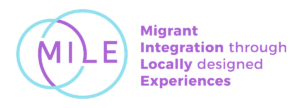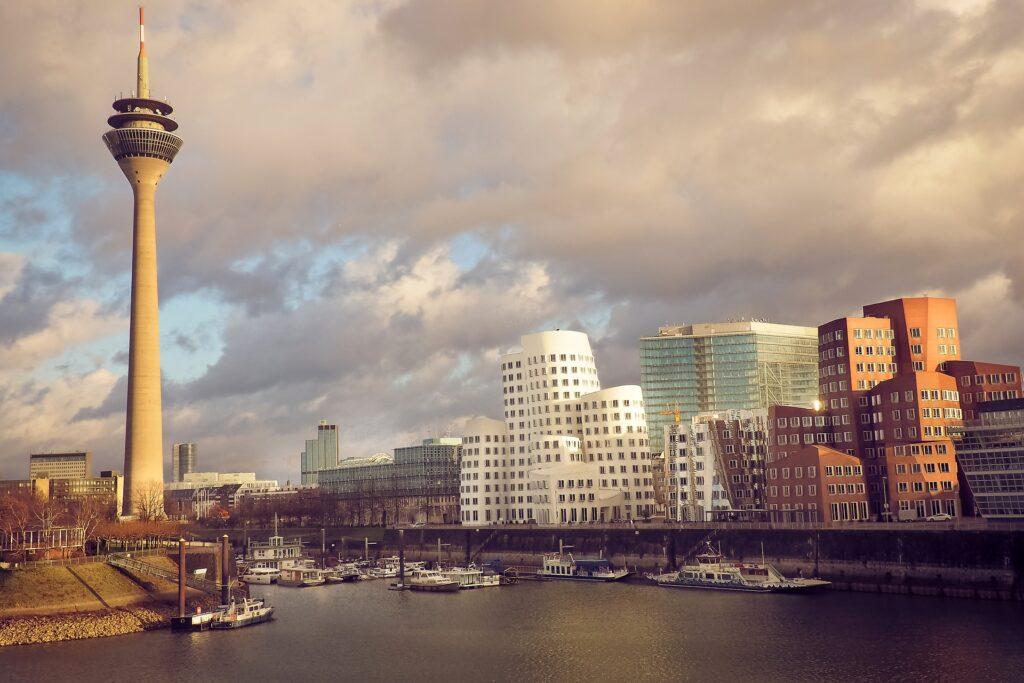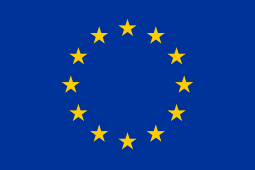What makes a city truly inclusive? How can municipalities ensure that local policies can meet the needs of newcomers, refugees and migrants while providing opportunities and space for them to participate in the design of these policies?
The traditional, often top-down policy-making process tends to separate expertise from experience: policies are made by experts and for the people living the experience. However, especially when it comes to integration policies or services impacting those citizen residents with a migration background, this separation can lead to lost opportunities to provide effective policies and a gap between the local policies provided and the actual needs and priorities of migrants.
Meanwhile, co-design strategies can help break down the traditional approach to policy-making: instead of local authorities making policies for migrants, refugees and newcomers, the process is a collaboration between the two, allowing for better, more effective outcomes.
With the aim of promoting this approach, the EU-funded UNITES project (UrbaN InTEgration Strategies through co-design), led by Eurocities in cooperation with UNITEE, New Women Connectors and MigrationWork, offers partnering cities a platform to learn from each other how to use co-design approaches in their local integration strategy with migrants and refugees.
In similar a context and approach to UNITES, the MILE project shares the goal of creating a lasting connection between local municipalities and migrant communities. By providing tools and spaces for participation and collaboration, MILE works towards fostering an inclusive environment for a more cooperative approach to local policymaking.
Following a UNITES training organised by Eurocities in Brussels in September 2022, UNITEE recently published several some reflections on the topic along with an interview with the City of Düsseldorf, one of the partnering cities of the UNITES project. The full article can be found in the New European, UNITEE’s online magazine. It explores the leverage of co-designing policies for inclusive societies while also discussing why this approach is not yet so widespread.


